Social Media
Fans react angrily over WNBA promoting Marina Mabrey after clash with Caitlin Clark
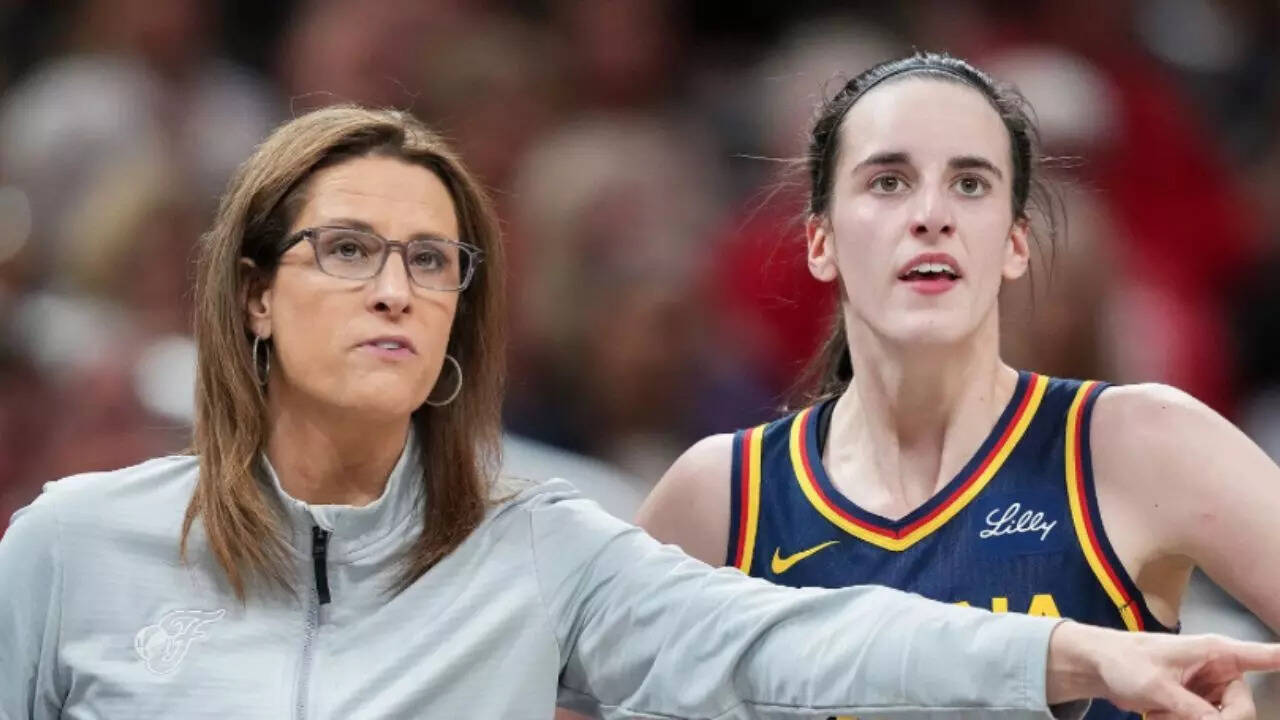
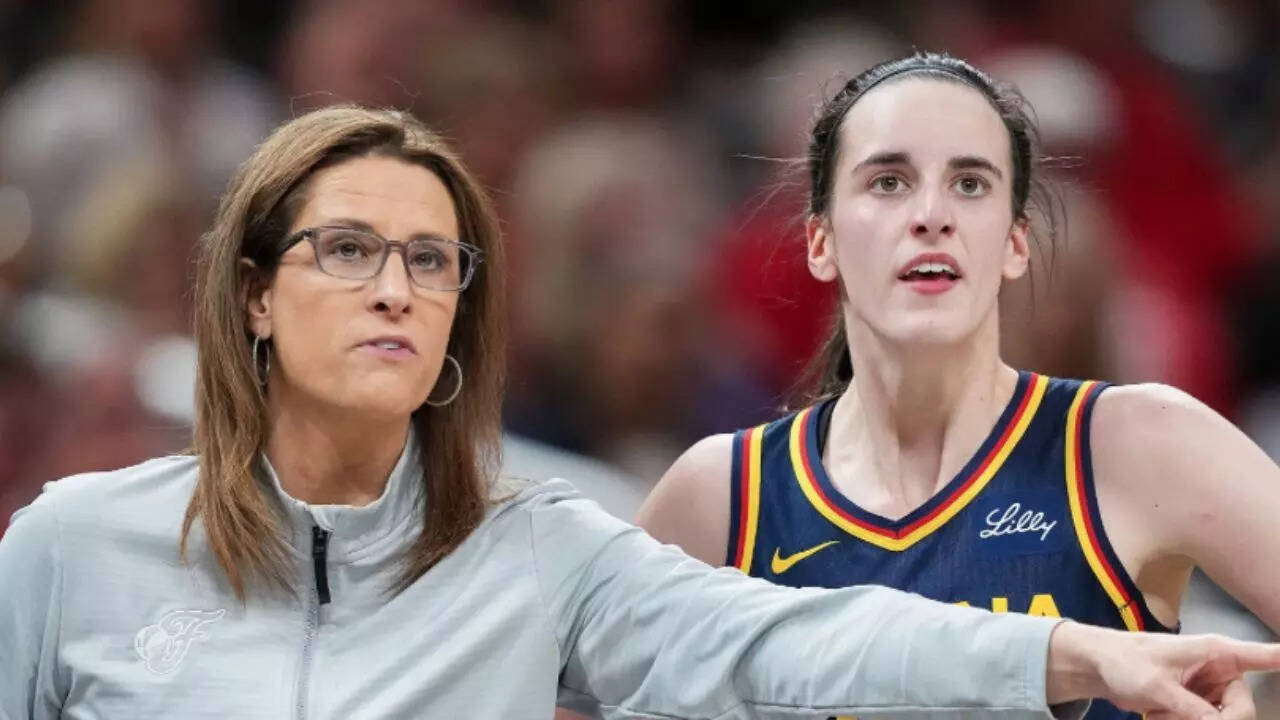

WNBA fans were left furious over a post on social media platform X after Chicago Sky’s Marina Mabrey and Jacy Sheldon, who have been accused of rough behavior against Indiana Fever star Caitlin Clark during a recent game. Fans slammed WNBA stating that Clark, who has been a terrific player, has been feeling unsafe and has been targeted quite a few times.
Fans enraged over Marina Mabrey’s WNBA promotion
WNBA took to X where they shared a post, stating ”Alyssa Thomas returns to Connecticut for the first time to face her former team. Watch the Phoenix Mercury go up against Marina Mabrey and the Connecticut Sun tonight at 7pm/ET on League Pass.” Fans were enraged under the post for WNBA endorsing the two NBA players, after the fight took momentum on social media. Fans reacted angrily.
A fan reacted, “How is that linebacker not suspended? You can’t let Marina Willis constantly cheap shot peoplezzztake a stand Df you scared too?”
Another fan reacted, “You all need to get your shit together. You have the Michael Jordan of women’s basketball playing right now and everyone is treating her like shit including the refs and every catry opponent. Stop being a laughing stock.”
Another fan said, “Fix your league.. your gonna lose so much support if Catlin gets hurt over some bullshit hatred hit.”
A fan said, “How can you use MM to promote games after last night? I definitely won’t be watching any more games if that is the kind of behavior you are promoting to the kids watching.”
Another fan claimed, “I’m about to let my kids start watching the WNBA so they know what poor sportsmanship is and how they should never behave on the court but I don’t want to waste their time watching the poor behavior on exhibit from the so called professional athletes.”
Another fan said, “You’re deadazz promoting Marina Mabrey after she, and Jacy Sheldon, assaulted Caitlin Clark last night. Sophie Cunningham better not get any suspension or punishment. She stood on business because your league and officials won’t do their job.”
Get IPL 2025 match schedules, squads, points table, and live scores for CSK, MI, RCB, KKR, SRH, LSG, DC, GT, PBKS, and RR. Check the latest IPL Orange Cap and Purple Cap standings.
Social Media
Top China athlete praised for looks and talent concedes that she embodies strength, beauty


Rising Chinese high jump star, Shao Yuqi, has gone viral for her athletic performance and striking appearance.
Advertisement
The athlete has also attracted attention and praise for challenging traditional beauty stereotypes in sport.
On August 1, Shao, 23, from the Hubei provincial track and field team based in central China, claimed the women’s high jump title at the 2025 Chinese National Athletics Championships with a leap of 1.90 metres.
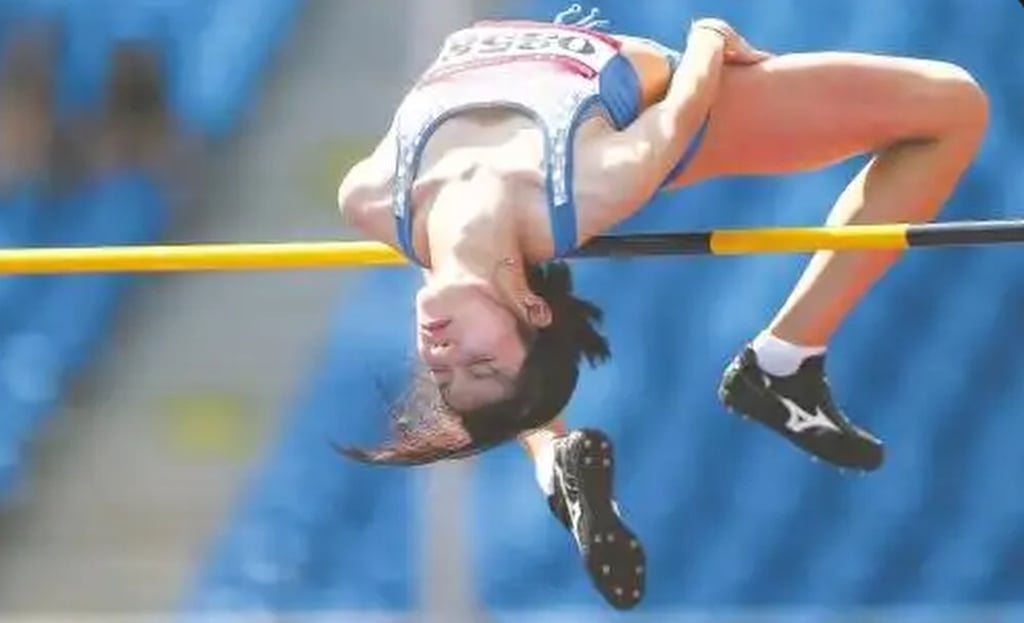
Following her victory, Shao went viral on mainland social media for both her performance and her striking looks.
One of her videos on social media showcasing the competition got more than 3 million likes.
Shao was introduced to the high jump at primary school, where her athletic potential was quickly recognised after she effortlessly cleared a one-metre bar during a tryout.
Advertisement
“There were so many stereotypes in primary school. People assumed that if I went into sports, I would waste my life, maybe end up at a sports school at best,” Shao told Jiupai News.
Social Media
Players Pass with Abby Jasmine

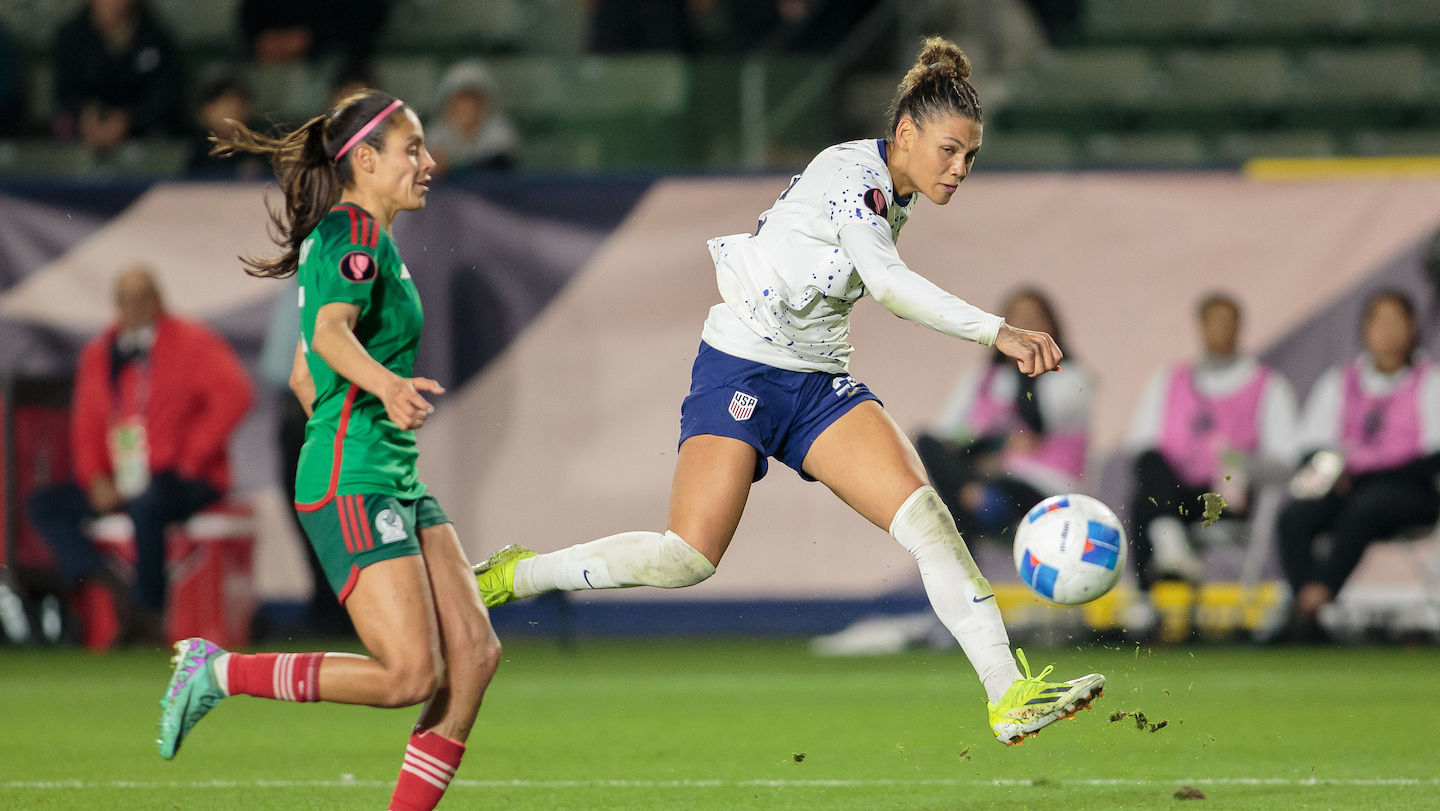

From virality to duality, Abby can do it all, from singing to rapping and laying everything on the line.
Additional reporting by Michael Mais Jr.
Staten Island doesn’t always get the spotlight in New York-based hip-hop but when it does it tends to produce something legendary, like a certain nine-member rap group. And in a time where attention spans are short and trends move even faster, one artist is making sure her name sticks: Abby Jasmine.
Long before viral buzz and algorithm-charged exposure, Abby was sharpening her skills in one of the most organic places imaginable: the church. With a father rooted deeply in gospel and musical tradition, she grew up surrounded by melody and message. It was there, among choirs and sermons, that Abby found both her first stage and first audience.
As a youth, that foundation became fuel, and with a few friends and a lot of ambition, she formed a church rap group. Mixing harmonies and hard-hitting bars, what started as a simple creative outlet quickly gained momentum. By the late 2010s, Abby would tap into viral moments that introduced her style and sound to audiences beyond Shaolin.
Advertisement
However, Abby’s rise is not rooted in luck, but in pure skill that has been sharpened by life, faith, and a relentless drive to be heard. Her lyrics carry clarity, confidence, and depth, standing out in a digital era flooded with noise. Rather than chase co-signs or shortcuts, Abby is building a legacy on her own terms while doing it with grace, grit, and bars that hit.
In her Players Pass interview with Okayplayer, we step into Abby’s world as she opens up about her creative process, inspiration, and what it really takes to make timeless music in her favorite spot, the Cash Only Deli. “I grew up very community-based,” Abby shares. “But that also goes into how I like to make my music. I like to make a community with the producers, the songwriters, and just work with the same people.” Her approach to collaboration is rooted in trust and synergy, a sharp contrast to an internet-rooted culture of disunity that is prevalent in the music industry today.
When asked about her musical inspirations, Abby reflects on growth and perspective, pointing at SZA’s 2017 debut album as a blueprint of her own artistry. “I didn’t really understand Ctrl when it first came out,” she admits. “But now that I am older, I can really appreciate it.” finding new meaning in music once overlooked is a sign of evolution, not just as an artist, but as a woman navigating the world in real-time. That is evident in her song “Caught Up.”
Her creative process is one that is intentional. “When I get my own ideas, I have my own setup and crib when I go home,” Abby says. That sense of independence has become central to her artistry and allows her to carve out space to create on her own terms, without noise or pressure.
“My studio essentials are vibes, silence, and I don’t like so many people in the session,” she continues. For Abby, music is as much about space, energy, and staying tapped into something that is real as it is the sound.
Abby Jasmine is part of a new generation of artists who no longer need to wait for permission. She’s blending her past with her present, building a future where authenticity is louder than hype. And whether she’s going viral or staying lowkey, one thing’s for certain: she is here to stay.
Social Media
Medical Clinic Workers Fired After TikTok Video Mocking Patients Goes Viral
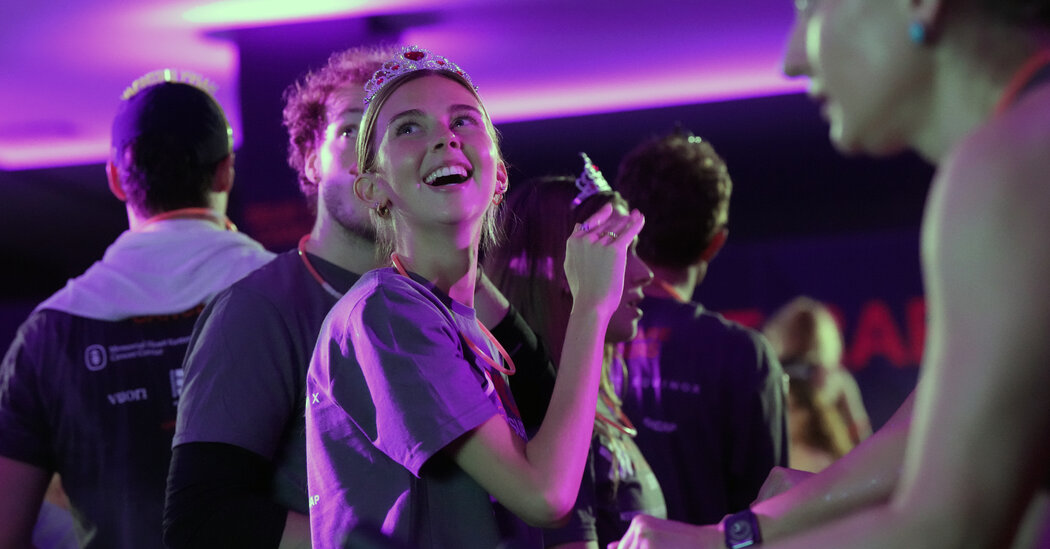

Several healthcare workers at Sansum Clinic in Santa Barbara, California, were fired after a TikTok video surfaced showing them mocking patients in an exam room. The video, originally posted by a former employee, depicted staff posing with patients’ bodily fluids on exam tables, with captions like “Are patients allowed to leave you guys gifts?” and “Make sure you leave your healthcare workers sweet gifts like these.” The video quickly went viral, sparking outrage online and prompting Sutter Health, which operates the clinic, to take swift action.
Sutter Health confirmed that all employees involved in the video were terminated, emphasizing that the behavior violated their policies and disrespected patients. The health system stated, “Protecting the trust of those we serve is our highest priority, and when that trust is violated, we take swift action.”
The incident drew widespread condemnation on social media platforms like Reddit and Instagram, where users criticized the workers for their unprofessional conduct. One commenter on Reddit remarked, “No place for shaming the patient in medicine,” while another questioned the clinic’s culture that allowed such behavior.
The Los Angeles Times reported that Sansum Clinic was notified of the video by concerned patients and conducted a review, placing the employees on administrative leave within 24 hours and terminating them shortly after. Sutter Health reiterated their commitment to patient privacy and dignity, using the incident to reinforce their policies with all team members.
The Santa Barbara Independent noted that the video gained traction over Labor Day weekend, leading to a wave of negative reviews on the clinic’s Yelp page. Sutter Health stated that they are conducting a full investigation and that any staff associated with the content are on administrative leave pending the outcome.
Social Media
How SaunaBox Went Viral


USC grads Nolan Kahal and Sean Morrissey reveal how they built SaunaBox, the Huntington Beach wellness startup endorsed by pro athletes.

Nolan Kahal and Sean Morrissey are the co-founders of SaunaBox, the Huntington Beach-based viral wellness startup that’s bringing the luxury of a steam room into your home. The young entrepreneurs are USC graduates and former NCAA athletes who started their company at just 25 years old and have created a brand that’s endorsed by professional athletes. In today’s episode, Kahal and Morrissey discuss how they came up with the brand, their biggest hurdles and highlights, and more.
Listen and watch every Thursday here.
Social Media
Aryna Sabalenka's Coach Makes Stance On Transgender Athletes Clear During US Open



Aryna Sabalenka put on a clinic during Tuesday night’s match against Qinwen Zheng, winning in straight sets to advance to the semifinals of the US Open.
One of Sabalenka’s coaches, Jason Stacy, went viral during Tuesday night’s match because he was wearing an “XX-XY” hat at Arthur Ashe Stadium.
This hat was made by the XX-XY Athletics brand. Their goal is to protect women’s sports.
“It is simply undeniable that sex matters, especially in sport. It is the single biggest determinant of athletic performance,” the brand’s mission statement reads. “Men and women are different. It’s just a fact. Men have XY chromosomes and more testosterone which makes them stronger and faster.”
While some people support XX-XY Athletics, others believe Sabalenka’s coach is sending a bad message at the US Open, particularly towards the transgender community.
“So what’s up with sabalenka’s coach’s transphobic hat,” one person said.
Another person tweeted, “Is nobody really going to ask @SabalenkaA about her loser physio wearing that disgusting hat?”
“I love that Sabalenka’s coach is wearing that hat,” a third person wrote.
It’s unlikely Sabalenka’s coach addresses all this backlash in the middle of the US Open. Perhaps he’ll field some questions after the tournament comes to an end.
Sabalenka will be back in action at Arthur Ashe Stadium on Thursday night against Emma Navarro.
Related: Tennis Star Aryna Sabalenka Turns Heads In Swimsuit Photos
Social Media
Christian Football Players in the NFL
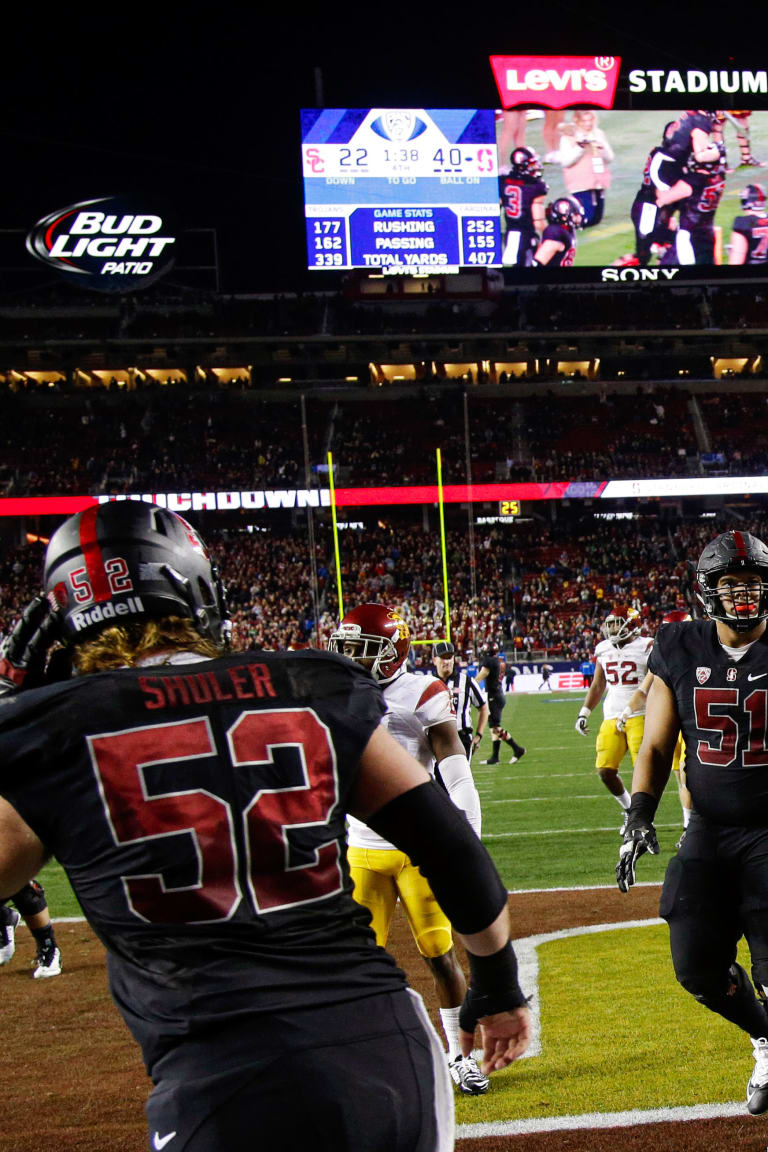
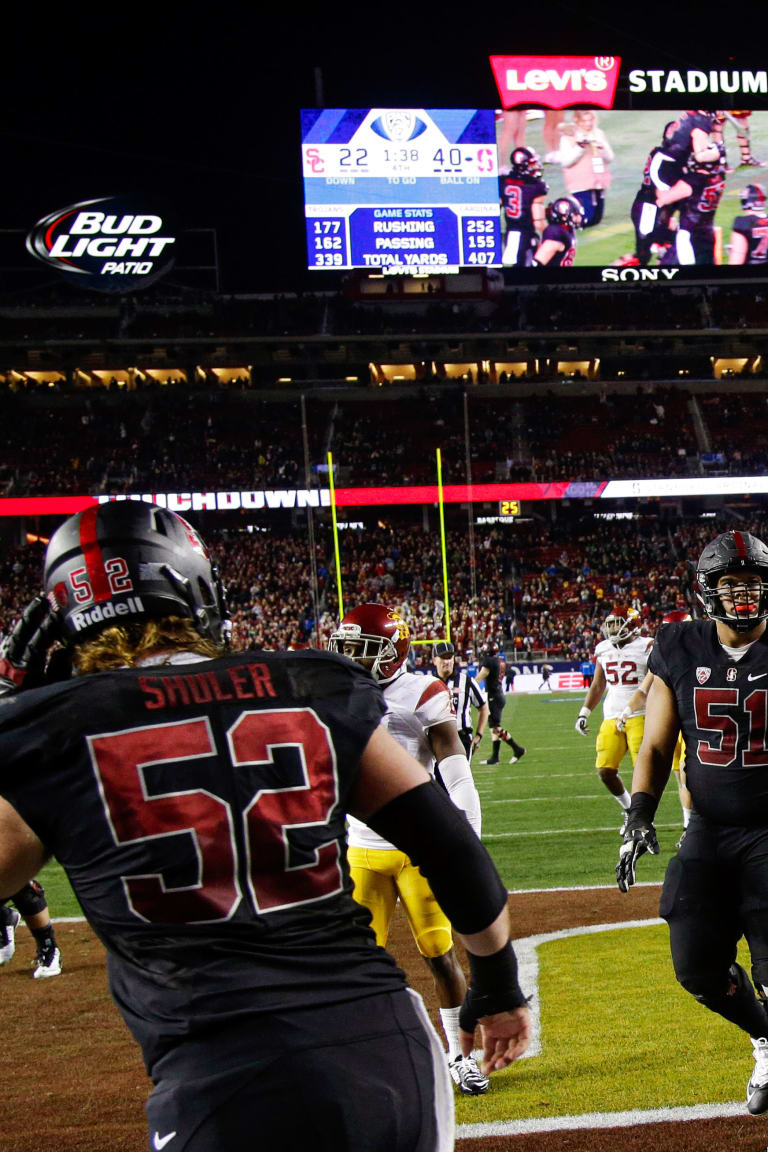
Fans of pro football—and fans of Jesus—likely know about big-name players who profess faith in Christ. But not all Christians in the NFL are household names…yet.
So in addition to high-profile Christian athletes who get lots of press? Let’s look at other football players who glorify God, both on and off the field.
Note: Last week, NFL teams had to cut their rosters to 53 players. So the careers of some of these athletes are now in flux.
RELATED: 9 Christian Football Players Who Glorify Jesus in the NFL
9 More NFL Players Who Are Christians
1. Tyson Bagent (Chicago Bears)
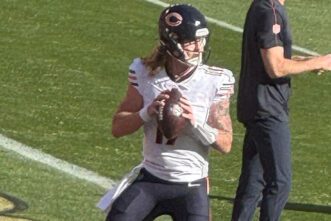
Tyson Bagent, an undrafted quarterback from a Division II college, started four games his rookie year, after Justin Fields was injured. Bagent is known for his hard work, preparation, and strong faith in Jesus. Tyler Haines, who coached Bagent at Shepherd University, told CBS Sports the QB is “a faithful Christian churchgoer,” which “helps make him who he is.”
Bagent had limited playing time in 2024 as a backup. But the Bears recently rewarded him with a two-year, $10 million contract extension. That deal, which could stretch to $16 million with incentives, is life-changing, according to Bagent, 25.
Video went viral of the athlete telling reporters, “My dad is my right-hand man. He didn’t have running water until high school, so there’s definitely a lot of people I can certainly help with this gift I’ve been blessed with.” The West Virginia native added, “It’s certainly a weight off my shoulders and my family’s shoulders.”
Continue reading on the next page
-

 Motorsports1 week ago
Motorsports1 week agoSoundGear Named Entitlement Sponsor of Spears CARS Tour Southwest Opener
-
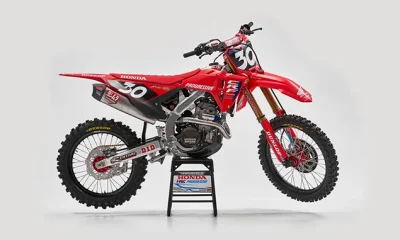
 Motorsports3 weeks ago
Motorsports3 weeks agoJo Shimoda Undergoes Back Surgery
-

 NIL3 weeks ago
NIL3 weeks agoBowl Projections: ESPN predicts 12-team College Football Playoff bracket, full bowl slate after Week 14
-

 Rec Sports3 weeks ago
Rec Sports3 weeks agoHow this startup (and a KC sports icon) turned young players into card-carrying legends overnight
-

 Rec Sports3 weeks ago
Rec Sports3 weeks agoRobert “Bobby” Lewis Hardin, 56
-
Sports3 weeks ago
Wisconsin volleyball sweeps Minnesota with ease in ranked rivalry win
-

 Motorsports1 week ago
Motorsports1 week agoDonny Schatz finds new home for 2026, inks full-time deal with CJB Motorsports – InForum
-
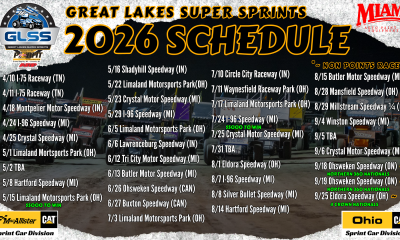
 Motorsports3 weeks ago
Motorsports3 weeks agoIncreased Purses, 19 Different Tracks Highlight 2026 Great Lakes Super Sprints Schedule – Speedway Digest
-
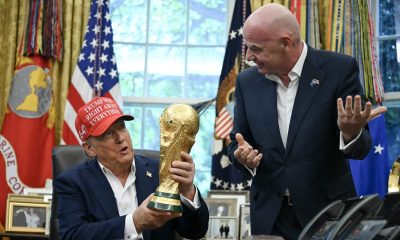
 Rec Sports2 weeks ago
Rec Sports2 weeks agoHow Donald Trump became FIFA’s ‘soccer president’ long before World Cup draw
-

 Motorsports3 weeks ago
Motorsports3 weeks agoMichael Jordan’s fight against NASCAR heads to court, could shake up motorsports
Copyright © 2025 Your Sports Nation. All Rights Reserved.
































